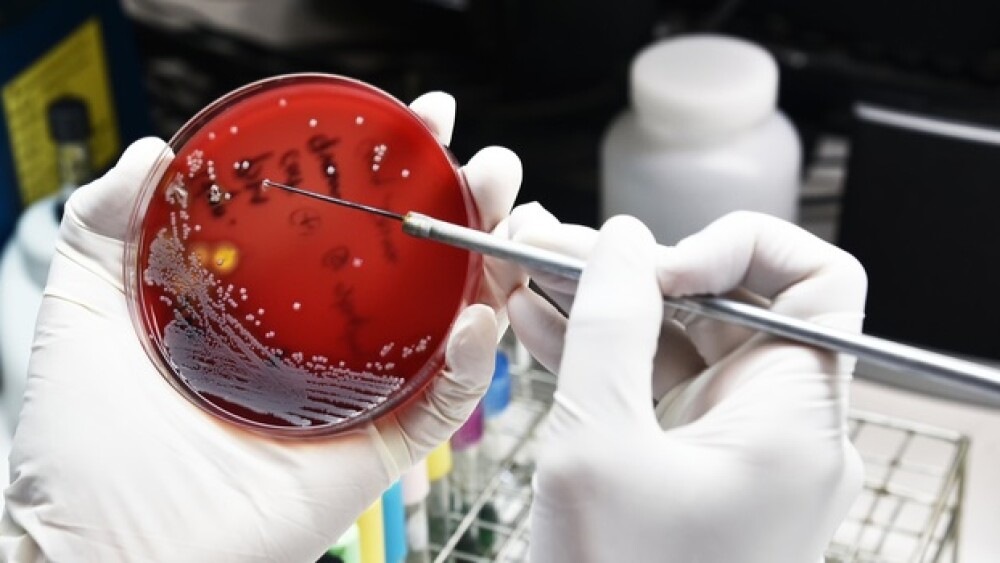Shares of Cambridge, Mass.-based Spero Therapeutics are climbing this morning after the company announced it secured up to $54 million from the government to support its development of SPR944 as a potential treatment against drug-resistant infections.
Shares of Cambridge, Mass.-based Spero Therapeutics are climbing this morning after the company announced it secured up to $54 million from the government to support its development of SPR944 as a potential treatment against drug-resistant infections.
Spero said it received $15.7 million from the Biomedical Advanced Research and Development Authority (BARDA) and stands to gain an additional $28.5 million in milestone payments. Additionally, the company secured up to $10 million from the Defense Threat Reduction Agency (DTRA) to support the program.
Spero’s lead program is SPR994, an oral carbapenem product candidate. Currently, the company is developing SPR944 for the treatment of complicated urinary tract infections (cUTIs) that are caused by antibiotic-resistant Gram-negative bacteria. But the drug could have greater value as a potential defense against bioterrorism or other biological threats to the national defense that are caused by drug-resistant infections.
Spero said that the interagency collaboration with BARDA will require a series of studies to assess the efficacy of SPR994 in the treatment of infections caused by biodefense threats such as anthrax, plague and melioidosis. The studies will be conducted by the U.S. Army Medical Research Institute of Infectious Diseases (USAMRIID). Additionally, Spero said the Defense Threat Reduction Agency (DTRA) will provide support up to $10 million to fund the nonclinical biodefense aspects of the inter-agency collaboration.
The collaboration could include a clinical trial in pneumonia patients, an indication for which tebipenem, SPR994’s active pharmaceutical ingredient, is currently approved in Japan for pediatric use, Spero said. Together, the two agencies will provide up to $54.2 million in total funding for the clinical development and biodefense assessment of SPR994, a portion of which is subject to the exercise of options by BARDA and Spero’s achievement of specified milestones.
Ankit Mahadevia, Spero’s chief executive officer, said the company is honored to have the opportunity to join BARDA and DTRA in the collaboration.
“We look forward to advancing SPR994 through clinical development for public and biodefense use as we target public health needs caused by emerging drug-resistant infections,” Mahadevia said in a statement. “We believe the funding is a validation of the clinical potential of SPR994 across a broad treatment landscape, and of the ability of a small biotech company to work towards bringing these innovative therapies to patients in collaboration with our partners at BARDA and DTRA.”
As an antibiotics class, carbapenems have been demonstrated to be safe and effective against drug-resistant Gram-negative bacterial infections. Spero plans to initiate a pivotal Phase III clinical trial of SPR994 for the treatment of cUTI around year-end 2018 in support of a new drug application (NDA). Spero is also advancing SPR720, its novel oral therapy product candidate designed for the treatment of pulmonary non-tuberculous mycobacterial infection.





